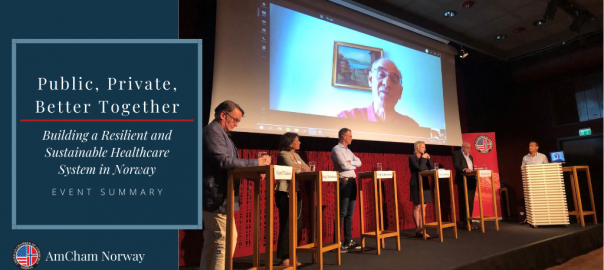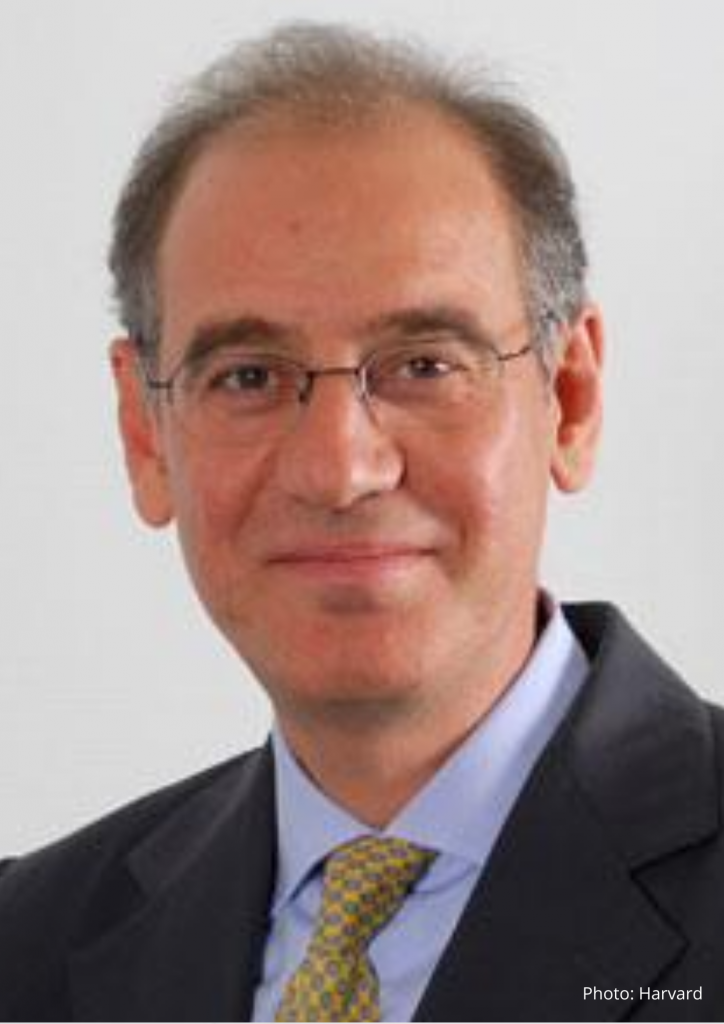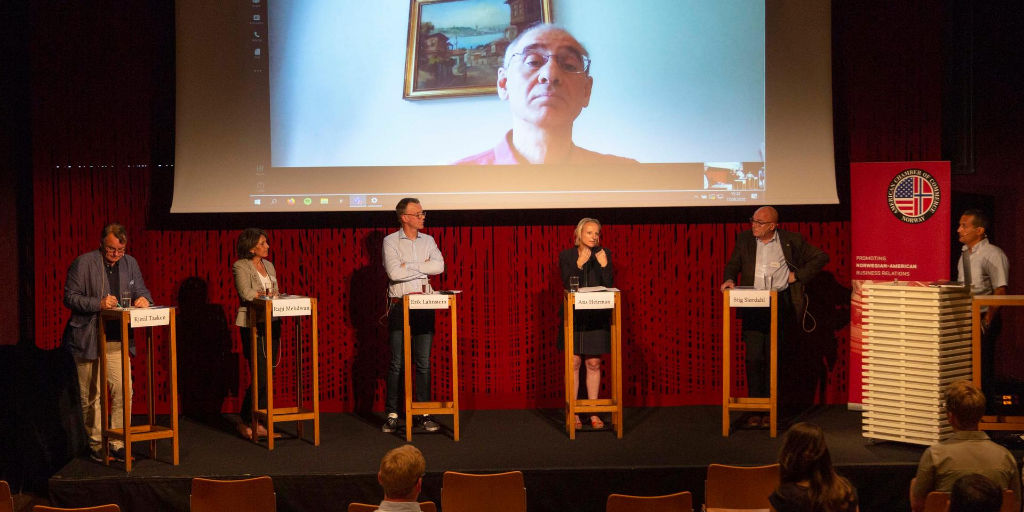Top global pharma executives involved in the development of COVID-19 vaccines have stated their commitment to not rushing the release of any potential vaccine without it passing through the full clinical trial process and proving to be safe and effective. Albert Bourla of Pfizer and Kenneth Frazier of Merck (MSD globally) both made this commitment, with Bourla also hitting out against attempts by politicians to use COVID-19 for their own political gain.
Speaking at the IFPMA virtual media briefing on 3rd September, ‘COVID-19 therapeutics: innovation, trials and access’, Pfizer CEO Bourla revealed that Pfizer’s efforts to create a vaccine using the innovative but still unproven Messenger RNA (mRNA) technology are already “in a very advanced stage” and that 23,000 of the necessary 30,000 volunteer patients for its pivotal Phase III trial that began in July have been recruited. The trials are taking place across 125 sites in the USA, Argentina and Brazil, with Pfizer hoping to know by October whether the vaccine, developed in partnership with German firm BioNTech, is effective. Bourla stated his commitment to submitting the candidate for immediate approval if so.








